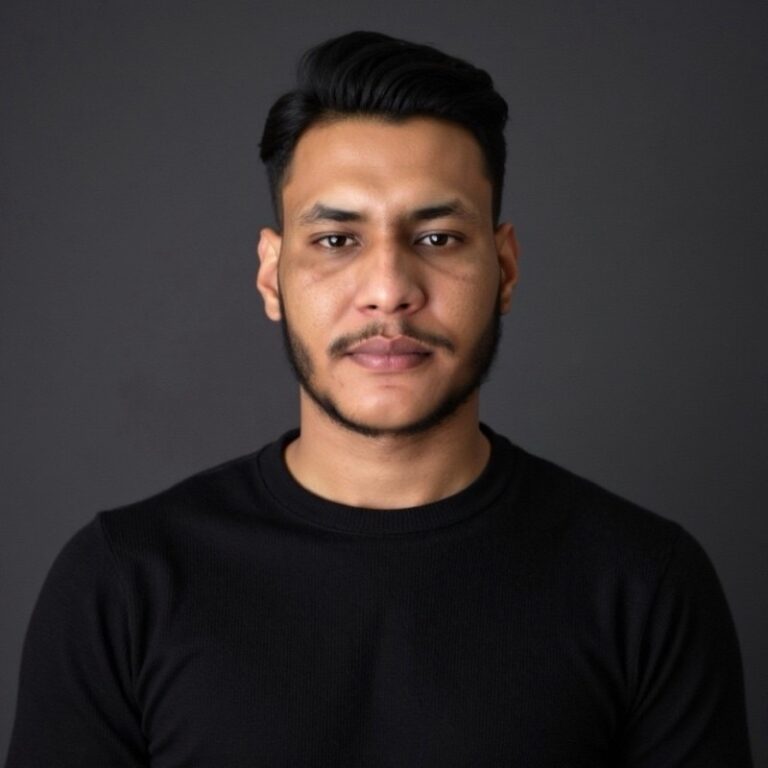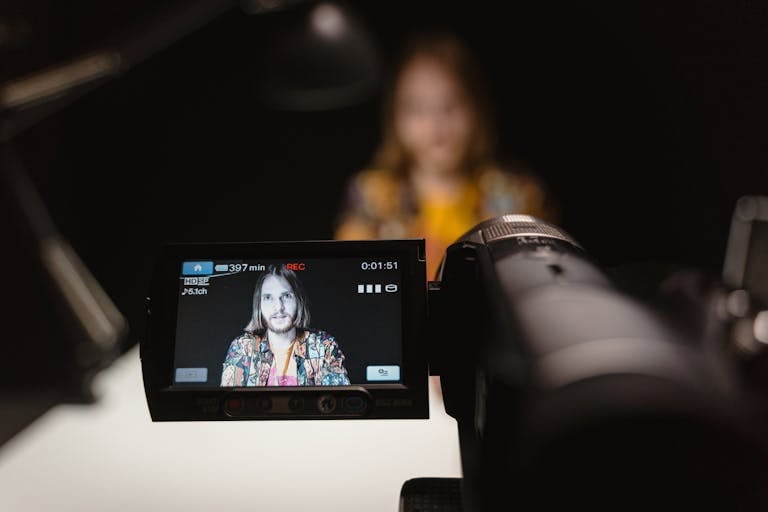Cutting Burnout Through Smarter Decision-Making: How a Simple Workflow Transformed Productivity
Deadlines, competing priorities, and constant communication can leave employees overwhelmed and burnt out. But according to Marcus Denning, Senior Lawyer at MK Law, there’s a practical way to reduce stress while improving business outcomes: structure decision-making so that nothing drifts.
“Court dates and business goals can bring people to their knees,” Denning explains. “What my teams needed was a steady rhythm that protected both outcomes and wellbeing.”
The “Decision Clock” System
Denning introduced a workflow system he calls the decision clock. Each task is given a timestamp and must move forward within a set timeframe:
- 5 minutes: simple items are decided immediately.
- 24 hours: unresolved items are escalated.
- 48 hours: further escalation if still unresolved.
- 72 hours: final decisions must be made.
Daily stand-ups take just eight minutes, with items tracked in three clear lanes. No task is allowed to drift, reducing ambiguity and mental load for employees. To support this, email intervals were restricted to between 7 pm and 7 am, preventing late-night churn and ensuring a fresh start each morning.
Tangible Results
The results were swift and measurable:
- Email exchanges dropped from 12 to 5 per task within four weeks.
- Rework reduced by 30 hours per month across a 20-person team, saving approximately $4,200 per month.
- Sick leave fell from 22 days to 17 days per quarter—a 23% improvement.
- Voluntary turnover dropped from 14% to 5% within a year.
And the cost? Minimal. A plain workflow software combined with a two-hour manager workshop at around $120 per person per year.
Why It Works
The system thrives on simplicity. A one-page policy defines the rules, with three primary metrics published weekly:
- Decision time under 48 hours.
- Task visibility at 100%.
- Expiry rate under 10%.
If any leader’s “run-out” rate exceeds 15%, they conduct a short reset meeting—never longer than 45 minutes.
“When ambiguity shrinks, burnout eases,” says Denning. “People stop being in shock and start making plans for how to use their energy. It’s about giving structure so people can thrive.”
About Marcus Denning
Marcus Denning is a Senior Lawyer at MK Law, admitted to both the Supreme Court of Victoria and the High Court of Australia. He holds a Juris Doctor, a Master’s in Entrepreneurship & Innovation, and a Graduate Diploma in Legal Practice. With over 21 years of commercial and legal experience—including a tenure as CEO of a national company—he brings both legal expertise and business acumen to his practice.







